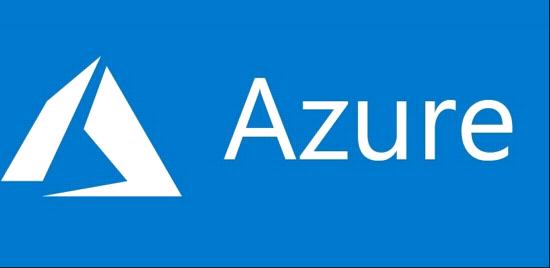Five Azure services every developer should know
Hey Everyone, Today I am going to write about five azure services every developer needs to know. The goal of this article is if you are looking to get started with Azure, I want to make sure that you get a really crystal-clear view on where you should look to start with azure.

At first, I am going to explain about two different pieces of terminology those are: Hosting and Service. Let’s define our terminology at first.
Hosting:
We have defined hosting as an any place in azure that You provide the code and azure going to execute the code that you have written. For an example you write an ASP.NET CORE Web application and you upload it to the hosting site like Azure or whoever your host is providing the service storing that, providing the CPU power on what ever you have provided on logic of your application.
Service:
A Service is where You provide data/information and Azure’s implementation takes action on what was provided. For example: BLOB Storage. A Binary Large OBject (BLOB) is a collection of binary data stored as a single entity in a database management system. Blobs are typically images, audio or other multimedia objects, though sometimes binary executable code is stored as a blob. Database support for blobs is not universal.
Let’s start with Azure Service:
1. Azure App Service:
Azure App service is a Hosting service. If you want to get started with Azure hosting service then You can choose Azure App Service. It supports: Web Apps, Mobile Apps, API Apps, Logic Apps (No brainer for front-end Web apps and Web APIs). This is Fully managed service on azure. Meaning that, it takes care about patching, upgrading all of the underline dependencies, such as OS Patching High Availability, Scaling. It is First class Visual Studio integration. It also has Diagnostics & monitoring integration with in couple of click button.
2. Functions Apps
- Event driven execution off of HTTP, Queues, Databases, Timer/Chron
- No brainer for simple jobs and workers
- Serverless – never create or manage VMs or clusters, auto-scale
- Pay only for resources used during execution (CPU and Memory)
3 Azure Storage
- Managed, Scalable and secure data storage
- Blobs – object and file storage via an HTTPS URL
- Tables – noSQL key/value data
- Queues – messages and work items
- Files – mountable file shares
- Automatically replicated and backed up
- Optional geo-replication
- x-archive, cold storage, soft delete, snapshot and restore
4. CosmosDb for modern database
- Modern cloud database
- Great for domain object persistence and querying
- No ORM needed!
- Familiar APIs and query languages
- SQL - schema-less with rich SQL querying capabilities
- Table – Key-value database service
- MongoDB – use MongoDB libraries, drivers, and tools against CosmosDb
- Gremlin - managed, graph database, leverages Open Graph API
- Globally distributed
- Massive scale
5. Application Insights for application monitoring and diagnostics
- Built in monitoring and diagnostics for failures and slow performance
- Collects metrics, logs, requests, dependencies, correlation ids
- Rich diagnostic data to root cause issues
- Distributed E2E tracing
- Snapshot debugging in production
- Profiler for performance issues
Summary:
1 – App Service for Web and API hosting
2 – Functions for simple backend jobs and triggers
3 – Storage for objects, files, queues
4 – CosmosDb for modern database
5 – Application Insights for application monitoring and diagnostics
